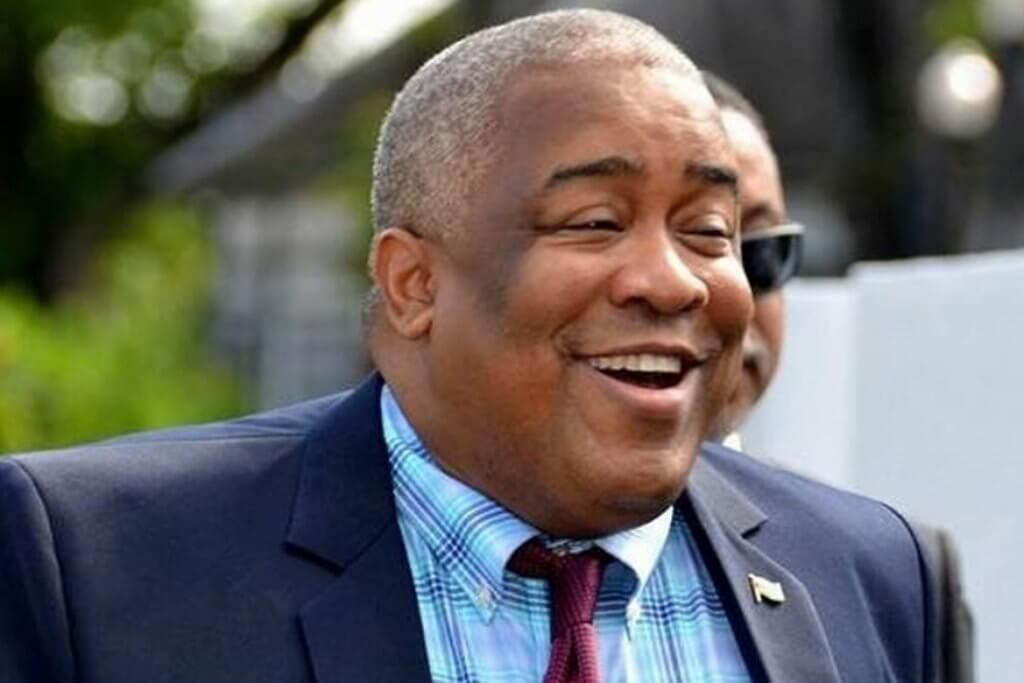Money Laundering Today

High Tech Future
Part VII
Oliver Bullough
Amsterdam, March 7th 2022 — Take Andrey Borodin, the owner of that £140m house in Henley-on-Thames. He arrived in Britain in 2011, pursued by Russian charges of having defrauded his own bank. Borodin insisted the charges were politically motivated, and gained asylum here. Had prosecutors brought charges in the UK, his lawyers could have discounted any evidence from Russia as the revenge of political rivals, and Hicks conceded this would essentially doom the prosecution’s case. “That’s hard to argue against,” he said.

There is also a third difficulty that Hicks didn’t address, which is just as serious. If a wealthy, ruthless Russian faces investigation, he can stop any chance of prosecution by killing the witnesses. This may well have been what happened to Alexander Litvinenko, who was murdered with radioactive polonium-210 in 2006, and who was working with Spanish and British authorities to expose Russian money flows. It may also explain the death of Alexander Perepilichny, a 44-year-old banker who was helping Browder’s team to understand the destination of the $230m stolen from the Russian budget, and who died while jogging in Surrey in 2012. Investigators at first thought he had suffered a heart attack, but it appears that he may have been poisoned with a rare plant extract.

In short, to bring a successful money-laundering prosecution against a wealthy Russian, officers need to win cooperation from Moscow, which is all but impossible; to convince a UK court that any cooperation that does result was not politically motivated, which is extremely difficult; and then to keep their witnesses alive, which has proven rather hard. In the circumstances, it’s not surprising that the NCA decided bringing a prosecution in the Magnitsky case was not the best use of its resources.
The amazing thing is that we have tolerated this situation for so long. Britain has consistently welcomed Russian money, and consistently ignored the warnings of those concerned about what it is buying. In March 2000, when Putin was still just acting president and had spent six months pulverising Chechnya, Tony Blair dashed to St Petersburg to be the first western leader to secure a meeting with the new man, and to urge more investment in each other’s countries.

At least Blair could claim not to have known what kind of man Putin was, but David Cameron had no such excuse. In September 2011, Cameron went to Moscow to seek business for the City of London, although most of the facts that are currently concerning MPs about Russia were already known. Litvinenko had been murdered five years previously, and Russia had given one of the Met’s suspects in the case a seat in parliament. Magnitsky had died in jail two years earlier, and his tormentors were walking free. But Cameron went to Moscow anyway.
“The whole point about trade is that we are baking a bigger cake and everyone can benefit from it and this is particularly true, perhaps, of Russia and Britain. Russia is resource-rich and services-light whereas Britain is the opposite,” Cameron told students at Moscow State University, on a trip that also involved meetings with Putin and his then placeholder president Dmitry Medvedev.
In his speech, Cameron boasted that Russian companies accounted for a quarter of share offerings on the London Stock Exchange. “Governments need to remember that businesses don’t have to invest in our country – they choose to. And we need to help them make that choice,” Cameron said. “It means minimising the burden of regulation so that business and entrepreneurship can flourish.”

With a prime minister who considered regulations on the origin of money to be a burden, it’s unsurprising that not many of them were made. This approach did not of course begin with Cameron, or even with Blair. In fact, it goes back to the mid-20th century. After the second world war, Britain was all but bankrupt, the City of London was somnolent, and economic power rested on Wall Street. City bankers wanted to get back into business, but were frustrated by the weakness of the pound, and its unsuitability as a means to finance the world’s trade.
Oliver Bullough, investigative journalist









